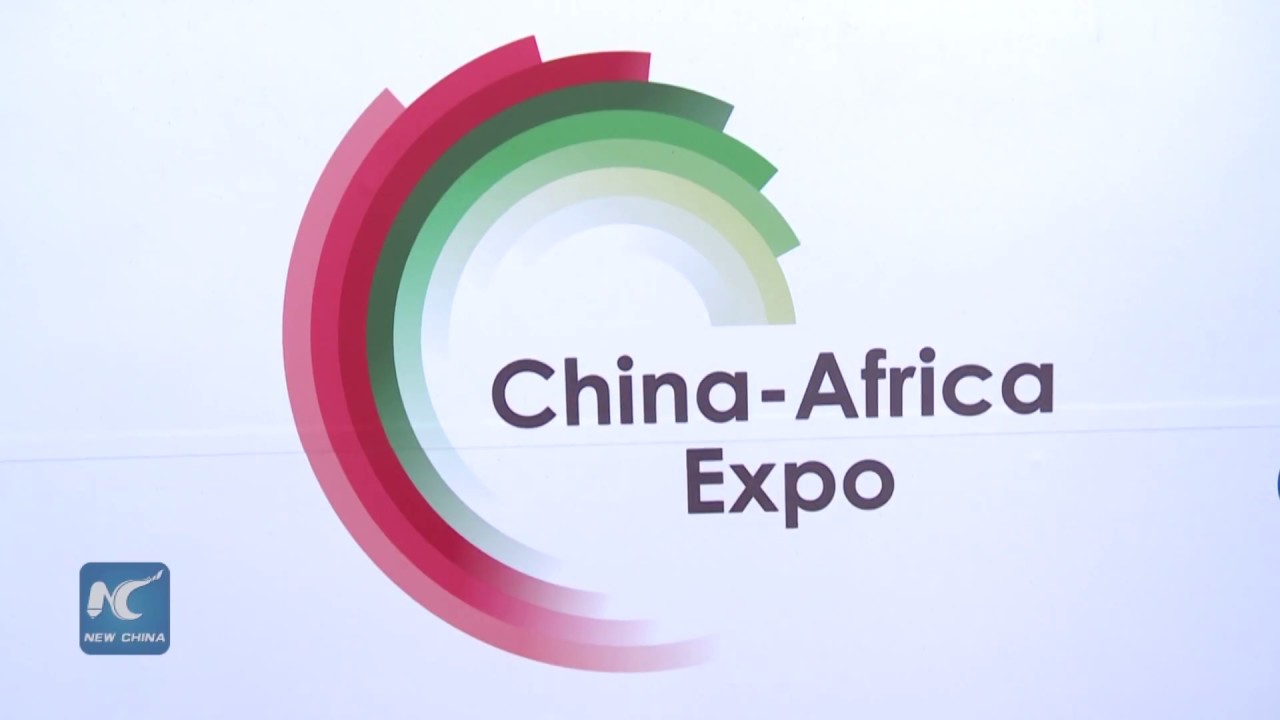With more than half of the textiles sold by South African retailers are imported from abroad, out of which nearly 60% of those imports come from China, local retailers are signing on to a master plan by the government to support local businesses in an effort to bolster the country’s clothing and textile sector.
As the South African flag is increasingly decorating labels on garments at major retail chains across the country, local businesses say there are more benefits than just job creation. “Being able to have the product made locally means that you can actually respond to what the customer needs more efficiently, which is really what every retailer wants — to move towards more fast response,” says Hazel Pillay, general manager of retailer Pick n Pay Clothing that has increased their supplies of locally sourced products from 28% in 2019 to 40% today. And the shift is now gaining momentum on the heels of global trade disruptions due to the coronavirus pandemic, as well as record unemployment.
For example, Katekani Moreku, a young designer, estimates that his collaboration with Pick n Pay in 2020 created about 1,000 jobs, from manufacturing to digital marketing. And that is exactly what the South African government wants to see, with a target of 121,000 new textile jobs by 2030. But retailers, including Pick n Pay’s Pillay, say it will require investment in skills training and support for entrepreneurs. The skills that were readily available before the 2000s gradually disappeared as garment production moved to China. But economists warn that investment in skill development, setting quotas and targets alone won’t be enough to rebuild the industry. Regular power cuts and decaying railways are impeding local manufacturers from producing and transporting goods. And there are other practical barriers to closing the $3 billion trade imbalance between China and South Africa — being a relatively small country, South Africa does not have economies of scale like the vast Chinese market.



